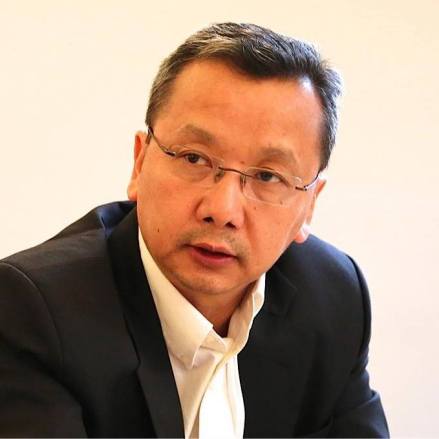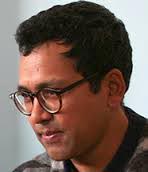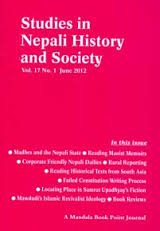Anthropology Colloquium Series (6): August 5, 1-3 pm, CDA, TU
Speaker:
Dr. Mahendra Lawoti, Professor, Western Michigan University, USA


By Pratyoush Onta
1-3 pm, July 15 2016 @ Central Department of Anthropology, TU

Abstract
 Studies in Nepali History and Society (SINHAS) was founded in 1996 by four academics, two Nepalis and two North Americans – three of whom were anthropologists and one historian – all trained in American universities. Published by Mandala Book Point from Kathmandu, 40 separate issues of this journal, each about 200 pages thick, constituting 20 full volumes have already been published. Many Nepal Studies practitioners now acknowledge that SINHAS has become a leading platform of quality academic publishing in their field.
Studies in Nepali History and Society (SINHAS) was founded in 1996 by four academics, two Nepalis and two North Americans – three of whom were anthropologists and one historian – all trained in American universities. Published by Mandala Book Point from Kathmandu, 40 separate issues of this journal, each about 200 pages thick, constituting 20 full volumes have already been published. Many Nepal Studies practitioners now acknowledge that SINHAS has become a leading platform of quality academic publishing in their field.
In this talk, one of the founding editors of SINHAS, reflects on the 20 years of this journal. In the first part of this presentation, I will share what I consider to be some of the basic achievements of SINHAS during its first two decades of existence. In the subsequent part of the presentation, I will argue that an experimental attitude to journal publishing is key to SINHAS’ success, one that is built upon a broad definition of what counts as legitimate social science practice, a commitment to methodological pluralism, and adherence to a simple but rigorous peer review regime. I end by reflecting upon the nature of the international academic community of Nepal Studies practitioners that has made both SINHAS possible and one that SINHAS has realized, however partially, into being.
(The talk will be in Nepali)
Bio-note
Pratyoush Onta has written about Nepali nationalism, Gurkha history, area studies, the politics of knowledge production, and media. He has written, co-written, edited or co-edited several books. The most recent ones include 25 Years of Nepali Magazines (2013, in Nepali), The State of History Education and Research in Nepal (2014), and Political Change and Public Culture in Post-1990 Nepal (2016, in press). He is also the founding editor of the journal Media Adhyayan (est. 2006). He is a research director at Martin Chautari institute and public forum in Kathmandu.
(This is a public event open for all)